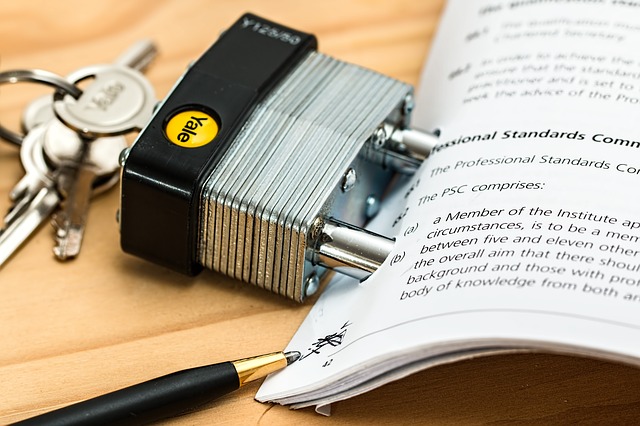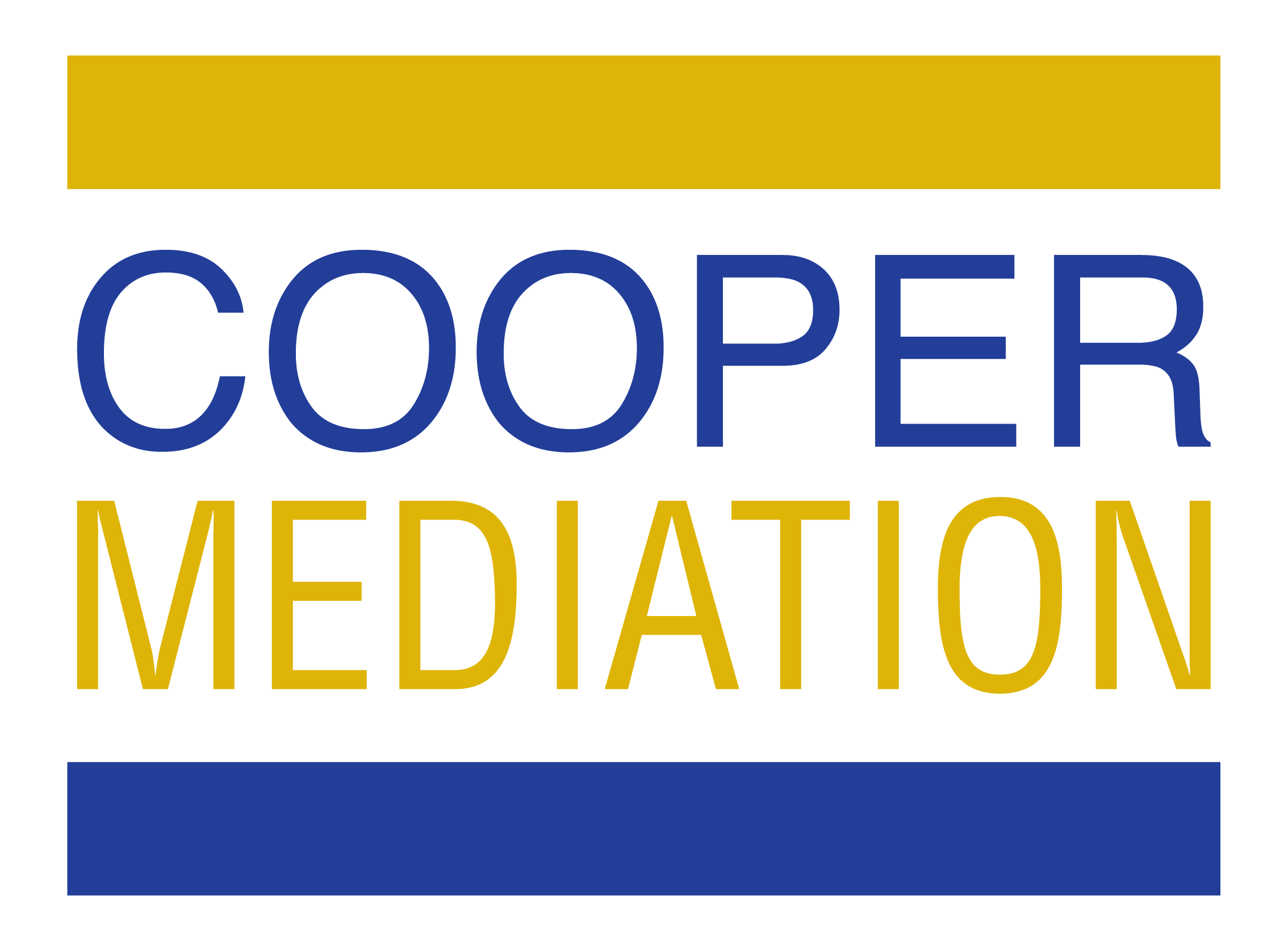
24 Aug Making the Most of Mandatory Mediation
Obligation. It’s a word that takes away any notion that you have a choice in the matter at hand. Put simply, it “must” be done, whether you like it or not. As a result, an obligation may end up feeling more like a burden or an obstacle than an opportunity. But should it?
In Ontario, mediation is optional in most judicial venues but mandatory in advance of the pre-trial conference in Toronto, Windsor and Ottawa. Where mediation is mandatory, I ask two questions in this article: What can you get out of a mandatory mediation? How much effort should you put into it?
When An Obligation Can Be An Opportunity
There are often cases where, early in the lawsuit, one side has no interest or intention of settling. The plaintiff is so sure of the strengths in their case that any preliminary offer lower than the full amount they are seeking is simply not considered. Perhaps the defendant is confident that the case is without merit and they are determined not to make any offer beyond a dismissal.
What’s the point in negotiating before pre-trial if one of the parties has already closed their mind and is focussed on going to trial? Generally, I have found that even when one side appears uninterested in discussing settlement, there is something to be achieved during a mandatory mediation. You get to have an unfiltered discussion with the opposition while showing them the case you will be presenting at trial. You get to show them the risk they face and demonstrate your skills as an advocate. Let’s look at car accident cases as an example. Some insurance companies take a position of not paying out monies for non-pecuniary general damages unless the injuries meet a verbal threshold – “he or she must have suffered a permanent serious disfigurement or impairment of an important physical, mental or psychological function” in accordance with section 267.5 of the Insurance Act. However, most of these cases ultimately do settle out of court through mediation. Why? An effective mediator is able to explain to both parties, in a non-confrontational way, the following pertinent pieces of information:
- The aspects of the case that they need to prove in order to succeed in the lawsuit.
- The timeline and costs involved.
- The things they may need to put up with before and during a trial.
- The upside if they win vs. the downside if they lose.
Counsel have a tough role because they need to show their client that they are willing to fight for them. They also need to be able to deliver tough messages to their clients and expose them to the potential weaknesses and risks of their lawsuit. A mediator can help deliver those tough messages to the clients as an impartial party. It can be helpful to have your client hear from a neutral party about what they face moving forwards. I would never advise an insurance representative to disregard company policy any more than I would never advise a plaintiff to disregard legal advice. However, a mediation may be the best platform for each party to make an informed decision, based on their own views of the case while factoring in the risk and exposure created by the opposition. No matter what the facts of the case are, there is always risk in going to trial and there is no such thing as a “slam dunk” case.
I believe the principal purpose at mediation is to allow the decision-makers on both sides to make informed decisions. Even if no settlement arises from a mandatory mediation, it does provide the parties with more information they can use moving forward. You should leave the mediation in a better or more informed position than when you came in. This is a successful mediation, regardless of settlement or not.
Time at Mediation is Time Well Spent
Use the time during the mandatory mediation to your benefit. It may be the last time both parties are in the same room together for quite some time. What information can be passed along to help the other party see things the way you do? What can you learn about how the other party sees their case? Are there outstanding productions or undertakings? Have an open dialogue either across the table in openings or during caucus to help improve the chances of settlement and/or improve each decision maker’s understanding of the facts of the case.
Another reason your time in mediation should be used wisely is because of the recent decision in R v. Jordan, (a 2016 Supreme Court of Canada ruling which dictates that criminal cases must be tried within a reasonable amount of time. The court wrote that provincial court level cases should not take any longer than 18 months, while Superior Court level cases should conclude no longer than 30 months from the time charges were laid). Civil cases have no similar time requirement and are now being delayed in favour of criminal cases. Most likely, trial will be several years from the time the matter is set down.
Without questioning the strength of your own case or the case of the opposing party, mandatory mediation is a great opportunity to consider whether it’s worth the wait to get to trial or if there is any potential for an early settlement.
Would The Result at Court be Better?
In addition to the uncertainty and anxiety involved in waiting for years to go to trial, parties at a mandatory mediation should also consider the time value of money of any offer made. From the plaintiff’s perspective, the question is whether the settlement amount available at mediation represents a reasonable discount from the amount which the plaintiff or the plaintiff’s lawyer feels confident can be achieved at trial. If the discount rate is 3% – 7% per year, the plaintiff may be motivated to settle the matter at mediation. If the defence is looking for an overall discount of 50% with the trial being two to three years away, the defence is effectively asking for a discount in the order of 17% – 25% per year (which may be too steep for the plaintiff).
From the defence perspective, the question is what sort of savings can be achieved through early settlement at a mediation that may be two to three years from trial. There are obvious savings in relation to defence costs (both legal and experts). There may be savings associated with taking down insurance reserves. There are HR savings (an insurance representative or in-house defence counsel can only handle so many claims at one time). There is always potential for adverse developments which will increase the overall value of the claim (considered against potential positive developments which may reduce the overall value of the claim).
With few exceptions, the only good claim is one that is settled or closed. Mandatory mediation is a way both parties can achieve closure through mutual agreement. Make the most of this mandatory step.
ABOUT THE AUTHOR
 Jonathan T. Cooper is the taller, younger and non-bow-tied mediator with Cooper Mediation Inc. He mediates primarily, but not exclusively, in the area of personal injury and insurance.
Jonathan T. Cooper is the taller, younger and non-bow-tied mediator with Cooper Mediation Inc. He mediates primarily, but not exclusively, in the area of personal injury and insurance.
Jon can be reached at jon@coopermediation.ca or at (647) 993-2667. To schedule a mediation with Jon, visit: http://coopermediation.ca/jonathans-online-calendar/.
